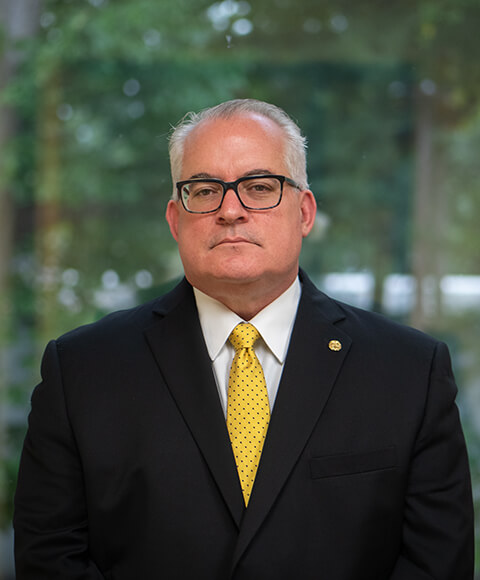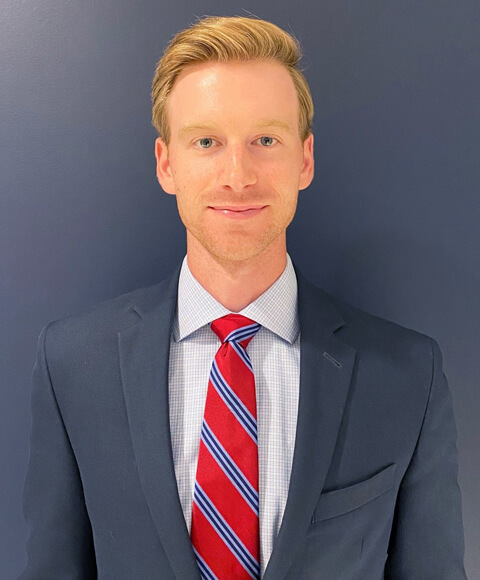Recent reform of facilities clearance regulations now demands more of the corporate facilities security officer (FSO). On February 24, 2021, the NISPOM Rule was codified in the Code of Federal Regulations (CFR). In addition to adding the NISPOM to the CFR, this rule codifies provisions of Security Executive Agent Directive (SEAD) 3, “Reporting Requirements for Personnel with Access to Classified Information or Who Hold a Sensitive Position.”
With this shift comes the adoption of new criteria for what information cleared industry personnel must report. According to these rules, individuals must disclose information about their international travel, finances, personal relationships, and other circumstances. Previously, these were not required to be reported, but some organizations may have enforced them internally.
These specifications are taken directly from SEAD 3, which, up until this point, only applied to government workers by way of NISPOM. Now, employees in the private industry will be held to the same standards as those in the government sector.
The newly beefed-up Defense Counterintelligence and Security Agency (DCSA) pushed the reform to report foreign travel as required by SEAD 3. New IT tools were supplied, and the capability to submit bulk foreign travel went “live” on August 24, 2022. So as of August 24, 2022, all federal contracting employees holding a personnel clearance (security clearance or “PCL”) must report any foreign travel to their Facility Security Officers (FSOs).
While the goal of these changes is to help cleared workers self-enforce security standards, the Defense Department has acknowledged the challenges for cleared individuals in submitting the new reports in the system of records (Defense Information System for Security [DISS]) across a counterintelligence dataset of over one million employees working for 12,000 cleared facilities. Foreign intelligence services could be active in any of those facilities, including yours, at this very moment.
When Contemplating Travel Abroad
All security clearance holders are required by Security Executive Agent Directive (SEAD) 3 to report international travel prior to departure. In addition to pre-approval, individuals must disclose their travel schedule to their security officer and should attend a pre-travel security briefing.
When a clearance holder contemplates traveling abroad, an email must be sent to the FSO at least 10 business days before departure. Corporate leadership may require longer notice from the planned travel date, but it is generally advisable to notify leadership at least two weeks in advance of the planned travel date. In this email, it is important to not only include where you will be traveling but also the timeframe in which you will be in foreign countries.
Upon receiving this email, FSO will usually send employees a corporate form to collect some further information required by SEAD 3. Along with the forms, they will also send over any state department travel advisories covering the destination countries.
Our recommendation to Tully Rinckey’s clients is the same as for the secured reader: a regular practice of all prudently cleared corporate executives and their employees is the maintenance of a spreadsheet of all foreign travel, listing the essential data points of travel. This will help in reporting before and after the movement, as well as when required to submit the Standard Form 86, Questionnaire for National Security. Yes, this is onerous, especially in a networked global economy, but it is a transaction cost now required of an elite and secured workforce.
Filing Corporate Forms
When presented with these corporate forms, there are a few key things employees should include. Along with what was stated above—travel destination and dates—employees will also need to include a full itinerary and their United States and/or foreign (if a dual citizen) passport information. Additionally, the FSO will arrange an employee travel safety briefing prior to departure. It is advisable to include the safety information in the briefing as part of the corporate form filing. After the employee completes the corporate form and returns it to their FSO, they are ready to travel.
One additional precaution an employee might wish to take is to sign the form, so as to remove any doubt of an FSO doing “batch compiling” to pass an inspection.
Following the completion of these pre-travel forms, the FSO will open the subject’s profile in DISS and create a foreign travel report, entering the dates the clearance holder will travel, the date they first reported their travel, the reason for travel, and any other notes, such as mode of transportation and other relevant information. After the FSO makes this initial entry, the file is formed, and updates can be made as changes come in or when the debrief is completed.
Post Trip Debriefing
Once the clearance-holding employee returns from their trip abroad, the FSO conducts a foreign travel debrief within five (5) business days. If the employee answers “no” to all these questions, they have fulfilled their federal responsibilities for reporting foreign travel.
However, if they answer “yes” to any of the questions asked, the clearance holder will need to provide further information. These follow-up questions are intended to ensure the FSO conducts due diligence in the reporting process. Once the employee completes this form, they sign it and return it to the FSO.
After the employee returns and completes their foreign travel briefing, the FSO will put any further relevant information in DISS and then mark the report as “debriefed.” Once a travel report is marked, the file will be unavailable while it is reviewed.
This report will eventually reappear, and the FSO will need to maintain a physical record of the pre-travel form that the debriefing employees fill out in case they need to access it before the report is accessible within DISS. This record can be maintained for as long as the employee remains at the company.
Stay Up to Date on Reporting the Reporting Process
While the new reporting requirements will likely cause confusion for a number of years and may even push some PCL holders into adjudication as a security concern based on non-compliance, by staying on top of what your agency’s reporting requirements are, you can best protect your travel plans and your security clearance.
Dan Meyer, Managing Partner of Tully Rinckey PLLC’s Washington, D.C. office, has dedicated more than 25 years of service to the field of federal employment and national security law as both a practicing attorney and federal investigator and senior executive. He is a leader in advocating for service members, federal civilian employees, and contractors as they fight to retain their credentialing, suitability, and security clearances. Lachlan McKinion supports the needs of TR’s corporate national security clientele. Mr. Meyer can be reached at info@tullylegal.com or at (888) 529-4543.









